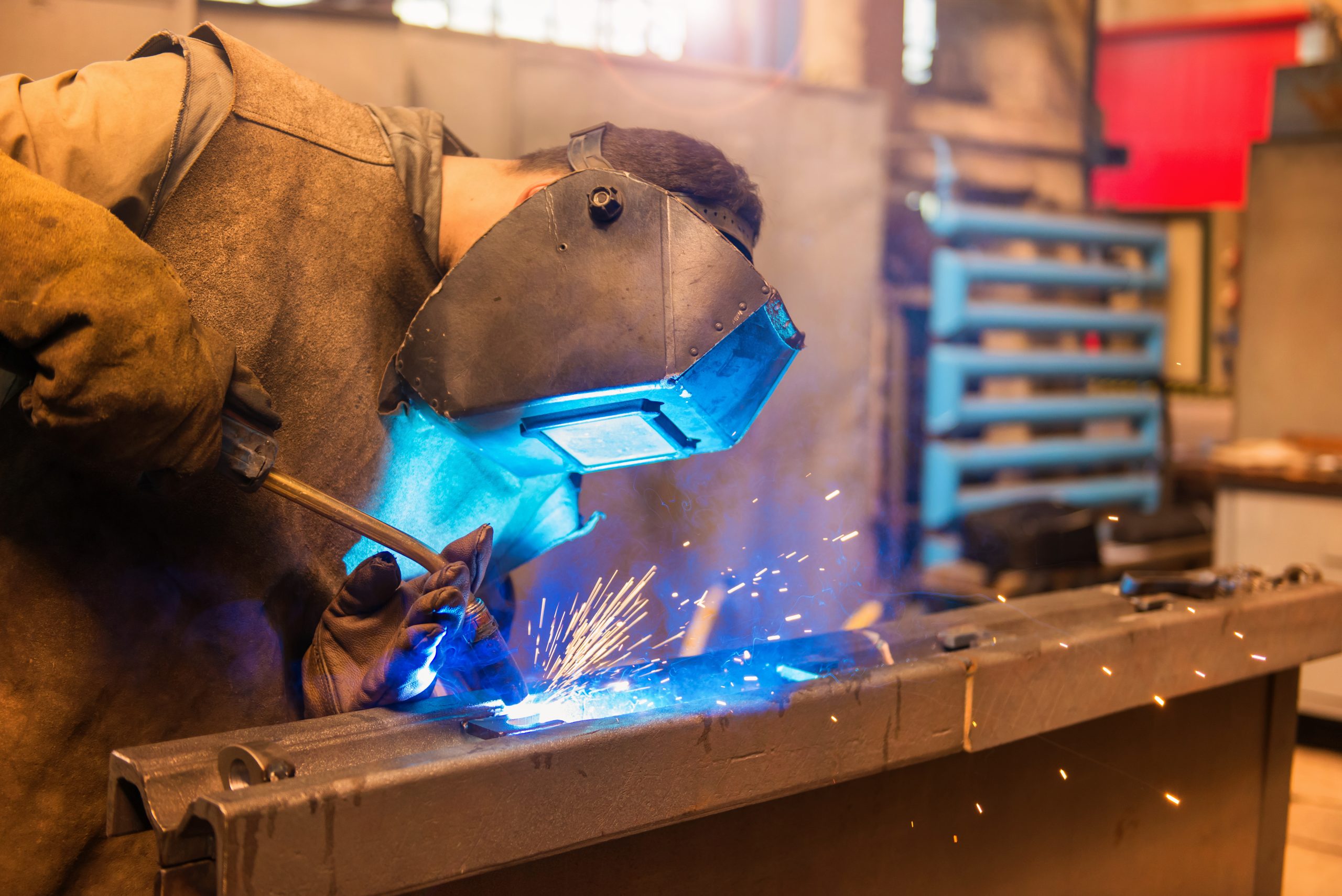Disaster Preparedness & Prepping:
As we enter the peak of hurricane season, it’s essential to take steps towards disaster preparedness. While natural disasters can be unpredictable, taking proactive measures can help you stay safe and protect your family when a crisis strikes. In this blog post, we will cover disaster-specific preparedness, prepping essentials, home defense, creating a communication plan, practicing and testing your emergency plan.
Disaster-Specific Preparedness (Hurricanes, Earthquakes, Floods, etc)
Depending on where you live, there are specific types of natural disasters that require special preparation. For example, if you live in an area prone to earthquakes, you should have supplies like non-perishable food, water, flashlights, first aid kits, and extra batteries readily available. If you live near the coast or in a flood zone, having a boat or other means of transportation may be necessary to evacuate quickly. Researching and planning ahead is crucial for surviving these events.
Prepping Essentials
When it comes to prepping, there are some must-have items that everyone should have on hand. These include non-perishable food, water, first aid kit, flashlights with extra batteries, portable chargers, cash, and important documents such as ID cards, passports, and insurance policies. It’s also recommended to have additional supplies like blankets, clothing, and sanitation products.
Home Defense
In times of chaos, people may become desperate, leading to increased crime rates. Protecting your home and family is critical during a disaster. Consider investing in security systems, surveillance cameras, and weapons for self-defense. You should also make sure all doors and windows are securely locked and reinforced.
Creating a Communication Plan
Communication is key during any emergency situation. Establish a communication plan with your loved ones so everyone knows what to do and how to reach each other. This includes setting up designated meeting spots, exchanging contact information, and establishing check-in times. Make sure to keep phones charged and have backup power sources available.
Practicing and Testing Your Emergency Plan
It’s not enough to just create an emergency plan; you need to practice and test it regularly. Conduct drills with your family members to ensure everyone understands their roles and responsibilities. Practice evacuating your home, communicating with one another, and using your emergency supplies. By doing so, you’ll feel more confident and prepared in case of a real emergency.
In conclusion, being prepared for natural disasters is vital for keeping yourself and your family safe. Take the time to research and prepare for different scenarios based on your location, assemble a comprehensive emergency kit, establish a communication plan, and practice your emergency plan regularly. Remember, prevention is always better than cure.
